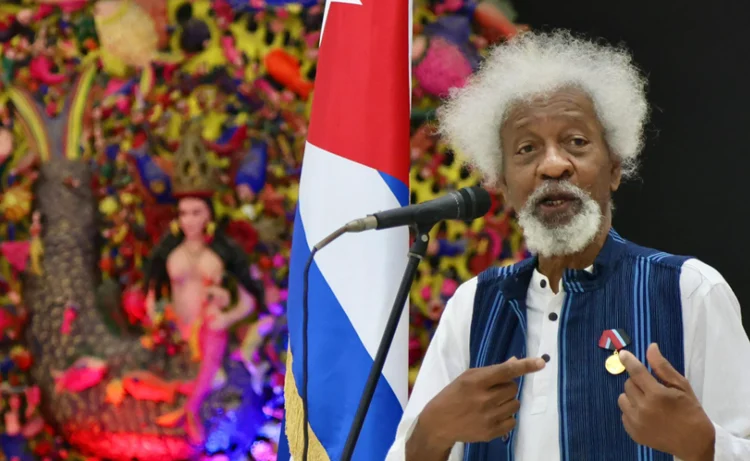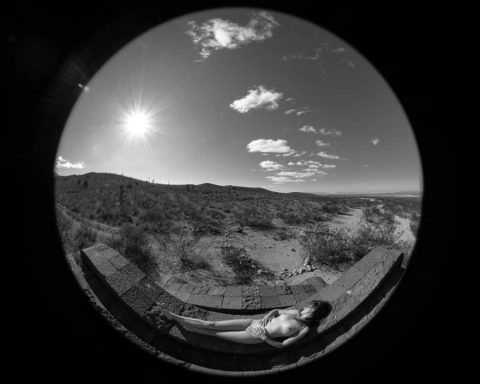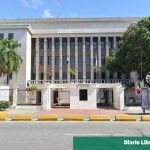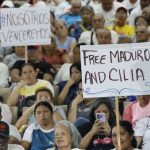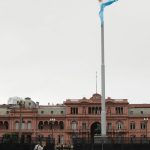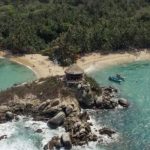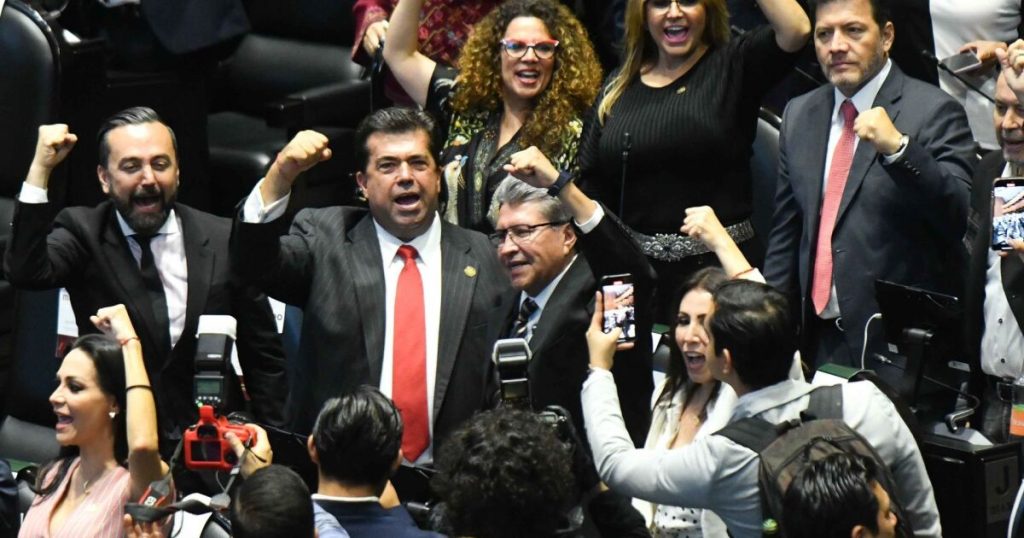HAVANA, Cuba.- Among the causes that brought back The visit to Cuba to the prominent Nigerian writer, Wole Soyinka, is not known about the fate of many of those young Cuban poets, playwrights and writers who participated, along with him, in the First Meeting of Theater Artists, during the celebration of the IV Latin American Theater Festival of Havana, in 1964.
The selective amnesia that Soyinka showed when receiving entertainments and decorations from the Union of Writers and Artists of Cuba (UNEAC), the Casa de las Américas and the Dulce María Loynaz Literary Center, among other Castroist cultural institutions, demonstrates his ignorance of the trajectory of Cuban culture, or his political alignment with the totalitarian regime that gave birth to it.
Wole Soyinka, during his visit to Cuba in 1964, was unaware or did not hear a word from his Cuban or foreign colleagues attending the theatrical event, that the bearded men who took power in January 1959 had made disappear, as if by totalitarian magic, all the institutions and spaces of national culture, created with complete freedom during the republican periodbetween 1902 and 1958.
Indeed, in the first stage of the so-called “emancipatory maelstrom of capitalism and private property,” Castroism swept away art and literature in its destructive frenzy, putting all of its institutions in the hands of the State, replacing specialized personnel and owners with idiots and similar administrators, and ideologically conditioning the freedom of association and expression of those who wanted to access the new political-cultural institutions.
When Wole Soyinka first arrived in Cuba, the coup had already taken place. murder of free expression. All television channels, radio stations, magazines and newspapers had been taken over by the Castro troops, who forced them to express their opinions and to express themselves in a unanimous and complimentary manner about the revolutionary transformations.
Hence one can understand the disorientation of the then little-known Nigerian activist and writer who had not heard of, for example, the ban a few years earlier on PM documentaryfor showing “only blacks dancing,” as one of the initiators and strategists of the “feat” that Soyinka says he admires today expressed. Because there is no doubt about Soyinka’s admiration for Castroism when he says that “Cuba has shown many times that both the ink and the weapons of freedom are worth and useful.”
What happened to Soyinka after his many years of wandering around the world after he was released from prison in Nigeria, where he ended up for criticizing his country’s regime? Well, among other things, he received the Nobel Prize for Literature and obtained permanent residency in the United States.
Sixty years after his first visit, back in Cuba, which he considers “his other home,” Soyinka still doesn’t know. With so much entertainment, he didn’t have time to take a look at what has happened to Cuban culture and the fate of its creators on and off the island.
I cannot understand which of the two halves of Soyinka is speaking when he says: “My responsibility as a citizen who believes in freedom has been not to lose that freedom.”
Does Soyinka include the freedom to express one’s opinion sincerely, without distinction based on political affinities, cultural traditions or racial identity? If so, as I interpret it, if he pretends to be free in all areas, then the nonagenarian Soyinka has come off as quite cynical.
Hold friendly and approving dialogues with officials who censor or repress Any type of freedom of literary and artistic creation if it is not within the ideological canon imposed by the Communist Party of Cuba, owner and master of the wills, criteria and the thematic-ideological direction of the works and creators on the Island, dismantles all of Soyinka’s libertarian discourse.
It is an apostasy from the creed of the struggle for freedom of citizens and artistic creators on a planetary level that Soyinka claims to profess that he listened without a murmur to the sermon of Cuban President Miguel Díaz-Canel, when in a conversation with the Nigerian writer he said, without his voice shaking despite the load of cynicism: “With you we share dreams, ideas and commitment to human improvement.”
If, as Wole Soyinka claims, his ties with Cuba “are not limited to art and literature, but also to liberation,” it was to be expected that he would have pleaded with Díaz-Canel and his cohort of intolerants for the freedom of the hundreds of Cuban political prisoners who, for reasons no less worthy than those that brought Soyinka to prison —criticizing his country’s regime— are serving unjust sentences.
If, as Soyinka says, Cuba is “his other home,” he must defend it as an ordinary Cuban and not as his masters and oppressors, who were the ones who interacted with him during his visit.
